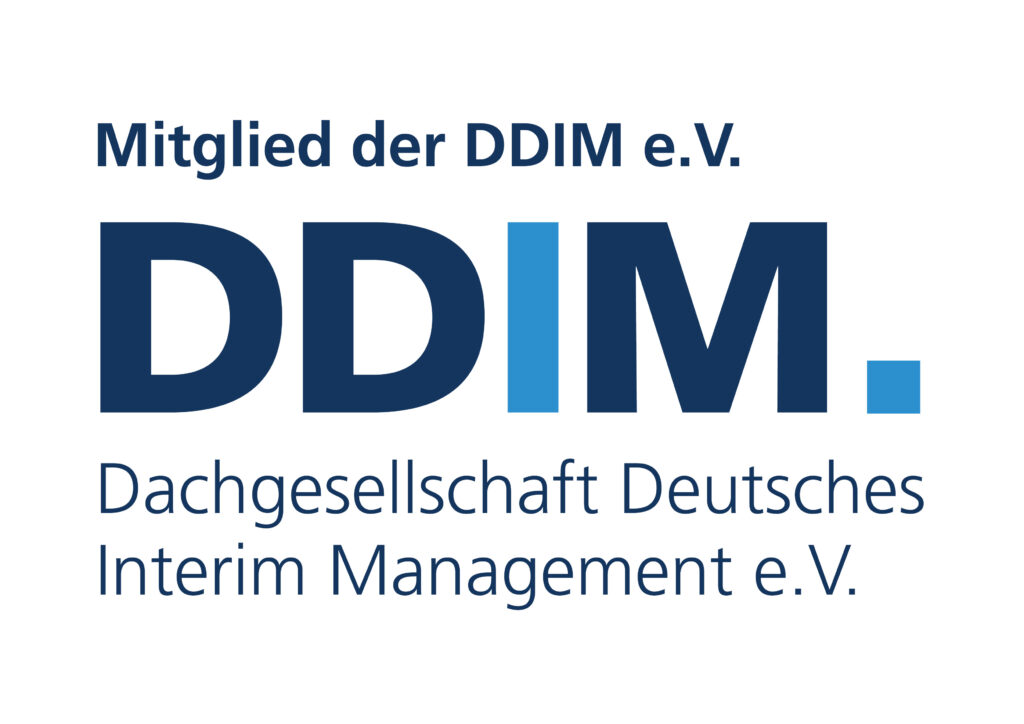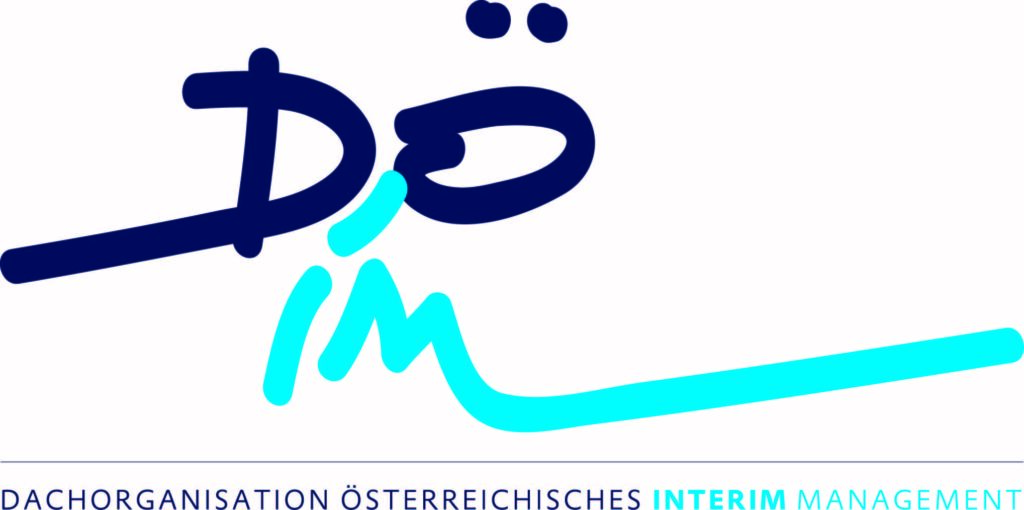Digital transformation
The digital transformation is revolutionizing companies and society

In a rapidly changing world, digital transformation is at the heart of far-reaching changes in companies and society. But what exactly does this term mean and what impact does it have on our everyday lives?
Definition and meaning
Digital transformation describes a comprehensive change triggered by the use of modern technologies in all areas of the economy and society[source: 1]. It involves far more than just the introduction of new software or the switch to electronic processes. Rather, it is a fundamental realignment of business models, working methods and social interactions.
Drivers of the transformation
Several key technologies are driving the digital transformation:
- Internet of Things (IoT): Networked devices collect and share data in real time.
- Big data: Huge amounts of data are analyzed to gain valuable insights.
- Artificial intelligence (AI): self-learning systems optimize processes and make decisions.
- Cloud computing: Flexible IT infrastructures enable scalable solutions.
- Blockchain: Decentralized data storage creates new trust models
Effects on companies
For companies, the digital transformation is an opportunity to reinvent themselves:
- Business models: Traditional approaches are being replaced by innovative, data-driven models.
- Customer relationships: The focus is shifting to personalized experiences and direct interactions.
- Process optimization: automation and AI increase efficiency and quality.
- Work culture: Flexible working models and continuous learning characterize everyday working life.
Social changes
The effects of the digital transformation extend far beyond the economy:
- Education: e-learning and virtual classrooms are revolutionizing the acquisition of knowledge.
- Healthcare: Telemedicine and AI-supported diagnostics improve medical care.
- Mobility: Autonomous driving and sharing concepts are changing the way we get around.
- Communication: Social media and instant messaging are shaping new interaction patterns.
Challenges and risks
Despite all the opportunities, the digital transformation also presents challenges:
- Data protection and security: The protection of sensitive information is becoming increasingly important.
- Ethical questions: The use of AI raises moral dilemmas.
- Labor market: Certain job profiles are disappearing while new ones are emerging.
- Digital divide: There is a risk of a split between the digitally competent and those left behind.
Strategies for a successful transformation
The following steps are crucial to exploiting the potential of digital transformation:
- Visionary leadership: Managers must actively shape and drive change.
- Cultural change: An open, experimental corporate culture is essential.
- Competence development: Continuous training ensures the necessary skills.
- Technological infrastructure: Investments in modern IT systems form the foundation.
- Customer focus: The needs of the user must be at the center of all efforts.
Outlook: Shaping the future
Digital transformation is not a one-off project, but an ongoing process. Companies and society must continuously adapt and develop. It is important to take advantage of the opportunities and at the same time deal responsibly with the risks.
The decisive factor will be how we as a society shape the digital transformation. It is up to us to use the technological possibilities in such a way that they serve the common good and not just benefit individual players[source: 3].
Conclusion
The digital transformation is one of the most defining developments of our time. It is not only changing the way we work and do business, but is also influencing our daily lives and social interactions. By actively addressing the opportunities and challenges, we can positively shape the future and harness the potential of the digital era for the benefit of all.
The coming years will show how companies and society adapt to the new realities. But one thing is certain: the digital transformation will continue to fundamentally change our world, and it is up to all of us to actively shape this change.
Sources
- https://www.sap.com/germany/insights/what-is-digital-transformation.html
- https://egovernment-podcast.com/feed/aac/
- https://www.iph-hannover.de/de/dienstleistungen/digitalisierung/digitale-transformation/
- https://www.wernerkraemer.de/laden2.htm
- https://www.docusign.com/de-de/blog/was-ist-digitale-transformation
- https://www.iu-akademie.de/blog/digitale-transformation/
- https://academy.technikum-wien.at/ratgeber/digitale-transformation-was-ist-das/
- https://de.wikipedia.org/wiki/Digitale_Transformation
- https://www.mobile-university.de/studium/digital-transformation/
- Image: ChatGPT











